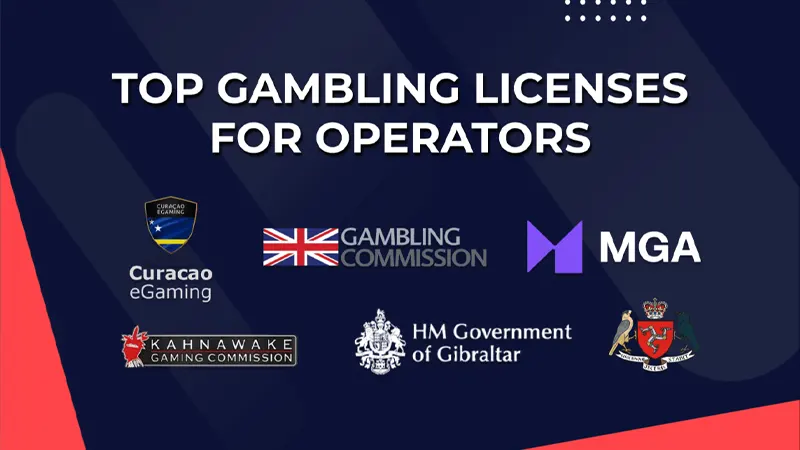When choosing an online betting platform, most players focus primarily on attractive bonuses, competitive odds, or the variety of games offered. However, one crucial factor often gets overlooked: the operating license. This regulatory credential determines not only the legality of a betting site but also the level of protection afforded to players.
Understanding the differences between various licensing authorities can mean the difference between a secure betting experience and potential financial loss. This comprehensive analysis from 82 Lottery will examine three of the most prevalent licensing jurisdictions in online betting: Curacao eGaming, PAGCOR (Philippines), and Malta Gaming Authority (MGA), explaining why each matters to your betting decisions.
Curacao eGaming License – Most Popular, Easy to Obtain, Low Cost
Overview and Background
Established in 1996, the Curacao eGaming license is issued by the government of Curacao, an autonomous territory within the Kingdom of the Netherlands. This jurisdiction has become the most popular choice for online betting operators, particularly those targeting Asian, Latin American, and emerging markets.
The license’s popularity stems from its accessibility and comprehensive coverage of gambling activities. Unlike some jurisdictions that require separate licenses for different types of betting, Curacao offers a single license covering sports betting, casino games, poker, and lottery operations.
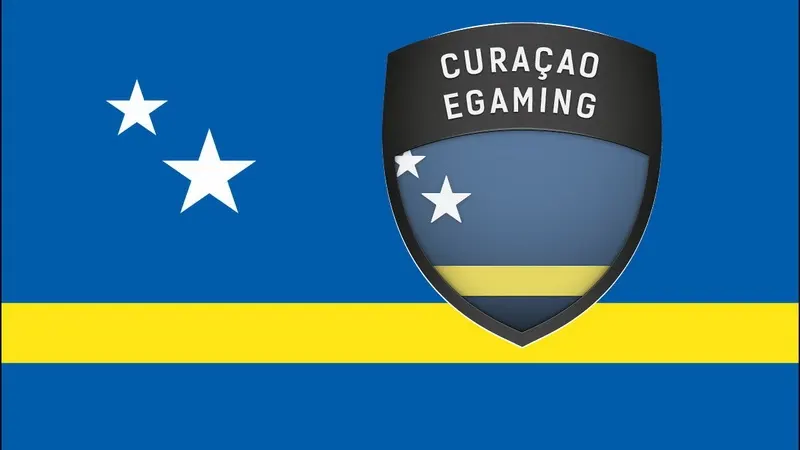
Advantages of Curacao License
The primary appeal of Curacao licensing lies in its cost-effectiveness and streamlined application process. Startup betting companies and newer operators frequently choose this jurisdiction because the financial barriers to entry are significantly lower than other respected licensing authorities.
The licensing process is relatively straightforward, requiring basic corporate documentation, proof of financial stability, and compliance with anti-money laundering regulations. This accessibility has made Curacao the go-to choice for many innovative betting platforms seeking to enter the market quickly.
Limitations and Considerations
However, the ease of obtaining a Curacao license comes with trade-offs. The regulatory oversight is less stringent compared to other jurisdictions, which means player protection mechanisms may be weaker. There’s no mandatory requirement for regular audits of gaming software or financial reserves.
In dispute scenarios, Curacao’s intervention capabilities are limited. While the licensing authority provides basic regulatory framework, players facing issues with licensed operators may find resolution processes less robust than those offered by other jurisdictions.
Ideal for Which Players
Curacao-licensed sites typically suit recreational players with modest bankrolls who prioritize convenience and variety over maximum regulatory protection. These platforms often offer competitive bonuses and diverse gaming options, making them attractive for casual betting enthusiasts.
PAGCOR License (Philippines) – Government-Managed, Strict Asian Regulation
Overview and Background
The Philippine Amusement and Gaming Corporation (PAGCOR) represents a different approach to online gambling regulation. As a government-owned corporation, PAGCOR operates under direct state oversight, providing a more structured regulatory environment than many other jurisdictions.
PAGCOR-licensed operators typically establish their headquarters in Manila or Makati, ensuring physical presence within the Philippines. This requirement creates accountability and facilitates regulatory oversight that purely offshore licenses cannot match.
Advantages of PAGCOR License
PAGCOR implements regular technical audits and compliance checks, ensuring that licensed operators maintain fair gaming practices and adequate financial reserves. The regulatory framework includes specific requirements for software testing, random number generator certification, and player fund segregation.
The transparency of PAGCOR’s operations makes it relatively easy to verify an operator’s licensing status and regulatory standing. Major Asian betting brands such as M88 and Dafabet operate under PAGCOR licenses, lending credibility to the jurisdiction.
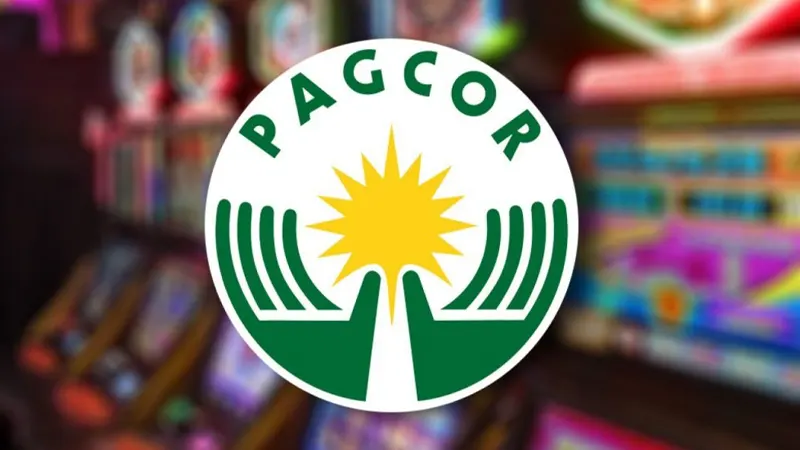
Limitations and Considerations
The primary limitation of PAGCOR licensing relates to its geographic focus. While the regulatory framework provides strong protection for Filipino players, international players may find limited recourse in dispute situations. The regulatory priority naturally focuses on domestic market protection rather than international player advocacy.
Additionally, PAGCOR-licensed operators face potential suspension or penalties for non-compliance, which, while ensuring regulatory adherence, can sometimes affect operational continuity.
Ideal for Which Players
PAGCOR-licensed sites appeal to serious Asian market players who value regulatory oversight and are willing to accept geographic limitations in exchange for enhanced operational standards. These platforms typically attract players with higher bankrolls who prioritize regulatory compliance over maximum bonus offerings.
Malta Gaming Authority (MGA) License – Highest European Standard
Overview and Background
The Malta Gaming Authority represents the gold standard in online gambling regulation, operating under European Union gambling directives. As an EU-compliant jurisdiction, Malta has developed one of the most comprehensive and player-focused regulatory frameworks in the industry.
MGA licensing requires operators to meet exceptionally high standards for financial stability, technical infrastructure, and player protection. The authority’s reputation extends globally, with many established European betting brands choosing Malta as their primary licensing jurisdiction.
Advantages of MGA License
MGA’s regulatory framework includes mandatory regular audits of gaming software, financial reserves, and operational procedures. The authority maintains strict requirements for player fund segregation, ensuring that customer deposits remain protected even in cases of operator insolvency.
The complaint resolution process under MGA is particularly robust, offering players clear escalation procedures and, in many cases, compensation mechanisms for legitimate grievances. This comprehensive approach to player protection has established Malta as the preferred jurisdiction for discerning bettors.
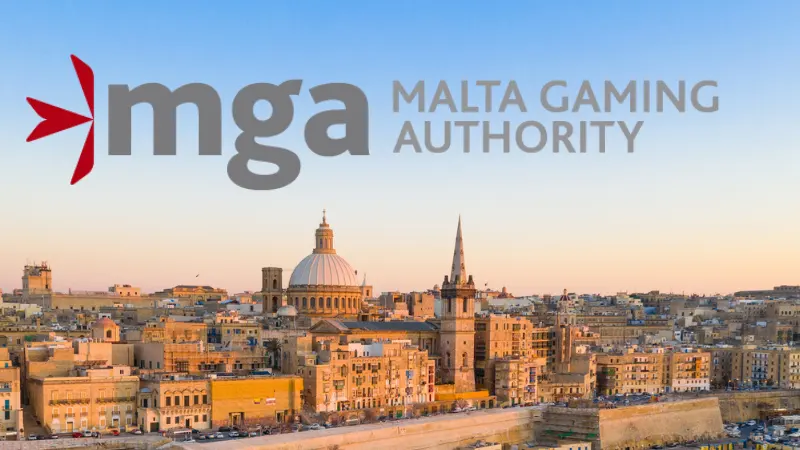
Limitations and Considerations
The stringent requirements for MGA licensing mean that only well-established, financially robust operators can typically qualify. The application process is lengthy and expensive, requiring comprehensive documentation of corporate structure, financial projections, and technical infrastructure.
Many MGA-licensed operators don’t directly serve Asian markets, instead focusing on European and other regulated jurisdictions. This geographic limitation can restrict access for players in certain regions.
Ideal for Which Players
MGA-licensed platforms attract players who prioritize maximum security and regulatory protection above all other considerations. These sites typically appeal to high-stakes players and those who prefer European-standard operational practices, even if it means accepting geographic restrictions or higher minimum stakes.
Quick Comparison: Three Popular Licenses
| Criteria | Curacao | PAGCOR | Malta (MGA) |
|---|---|---|---|
| Regulatory Authority | Curacao eGaming | Philippine Government (PAGCOR) | Malta Gaming Authority (MGA) |
| Credibility Level | Moderate | High (Regional) | Very High (Global) |
| Player Support | Weak | Available – Primarily Domestic | Strong – Transparent |
| Regular Audits | Not Mandatory | Required | Mandatory |
| License Accessibility | Very Easy | Moderate | Very Difficult – High Requirements |
| Suitable for Operators | New, Low-cost | Medium-sized, Asian-focused | Large, International |
This comparison illustrates the fundamental trade-offs between accessibility, cost, and regulatory protection. Each jurisdiction serves different market segments and player preferences, reflecting the diverse nature of global online betting regulation.
Do Licenses Guarantee Complete Safety?
While licensing provides essential regulatory framework, it doesn’t guarantee absolute safety. A license represents the minimum regulatory compliance, but the actual player experience depends on several additional factors.
The operator’s business practices, customer service quality, payment processing transparency, and complaint resolution procedures all contribute to overall player safety. Even well-licensed operators can provide poor service, while some efficiently-run platforms with basic licenses might offer excellent player experiences.
When evaluating betting sites, players should Evaluate a Trustworthy Betting Site by using the license as an initial filter to eliminate questionable operators, then applying additional criteria such as customer service responsiveness, payment processing efficiency, betting odds competitiveness, and user reviews from reliable sources.
The licensing jurisdiction should align with your risk tolerance and betting style. Recreational players might find Curacao-licensed sites perfectly adequate, while serious bettors might prefer the enhanced protections offered by PAGCOR or MGA licensing.
Making Informed Decisions: A Player’s Guide to Licensing
Understanding licensing information requires knowing where to look and how to verify credentials. Most reputable betting sites display licensing information prominently in their footer or “About Us” sections. This transparency itself serves as a positive indicator of regulatory compliance.
Always verify licensing claims by checking the official website of the claimed regulatory authority. Legitimate licenses include specific license numbers and expiration dates that can be cross-referenced with official databases. Be particularly wary of sites that claim licensing but provide no verifiable details.
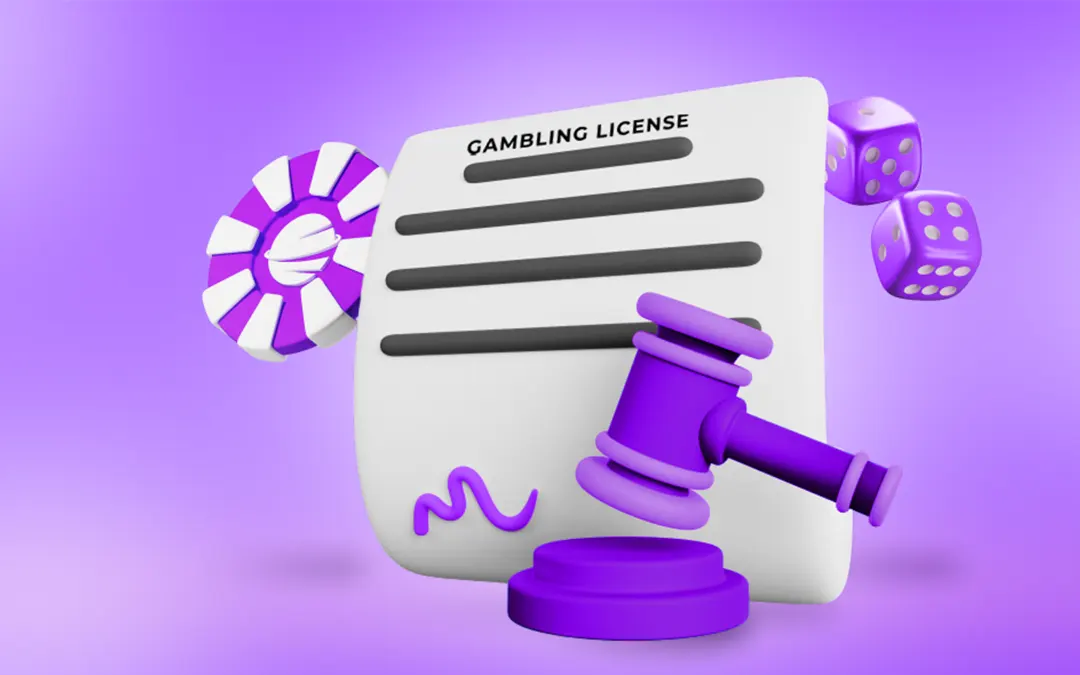
Never engage with betting sites that display no licensing information, regardless of attractive bonuses or promotional offers. Unlicensed operators offer no regulatory recourse in dispute situations and may present significant financial risks.
Choose licensing jurisdictions that match your expectations and budget. Consider your betting frequency, typical stake sizes, and risk tolerance when evaluating different regulatory frameworks.
Strategic Approach to License-Based Betting Site Selection
The licensing landscape in online betting reflects the complex balance between regulatory oversight, market accessibility, and player protection. Understanding these dynamics enables more informed decisions about where to place your bets and what level of regulatory protection to expect.
Curacao licensing offers accessibility and variety, PAGCOR provides regional strength with government oversight, and Malta delivers maximum regulatory protection with European standards. Each serves different player segments and betting styles, with no single option being universally superior.
The key lies in matching your individual needs with the appropriate regulatory framework. Casual players might prioritize variety and bonuses available through Curacao-licensed sites, while serious bettors might prefer the enhanced protections offered by PAGCOR or MGA licensing.
Remember that licensing represents just one component of betting site evaluation. Combine licensing considerations with practical factors such as payment options, customer service quality, betting markets variety, and odds competitiveness to make well-rounded decisions.
By understanding these licensing distinctions, you’ll be better equipped to navigate the online betting landscape safely and effectively, maximizing both your enjoyment and protection in the dynamic world of online gambling.


